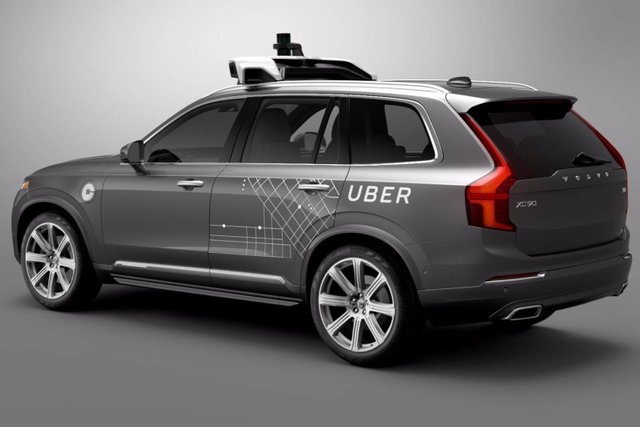Over the past year I've met with dozens of automotive executives and have been shocked to hear them repeatedly say that automotive autonomy is either a pipe dream or, at the very best 15-20 years away. At first I believed them, I thought that maybe they were giving me a glimpse of some inside information that had more truth than the hype I regularly read in technology periodicals. But the truth is indisputable: Google's self-driving cars are currently being tested in 4 US cities and have logged 1.5 million miles.
Teslas are zooming around the country in self-driving mode unsupervised by any company executives. When I ask these executives about these projects they are unable to deliver me what I consider a sound answer as to why these developments don't portend an immediate arrival of driverless technology other than to point to scale and industry. They focus on how small these companies are compared to Toyota, Volkswagen, and GM. They add that "Google isn't even an automotive company" as though that outweighs the fact that their software is directing driverless cars.

These executives and others suffer from what Arthur C. Clarke termed the "Failure of Nerve" which he described as "even given all the relevant facts the would-be prophet cannot see that they point to an inescapable conclusion." His book, profiles of the future, is replete with examples of leading scientists who swore humans would never fly despite indisputable evidence to the contrary. As late as 1956 (incidentally the year after Eisenhower announced the United States' satellite program) England's Royal Astronomer swore off the idea of space travel as "utter bilge."
It's wise, whenever you read an article that is pessimistic about the promise of future technological developments, to remember Clarke's first law: When a distinguished but elderly scientist states that something is possible, he is almost certainly right. When he states that something is impossible, he is very probably wrong.